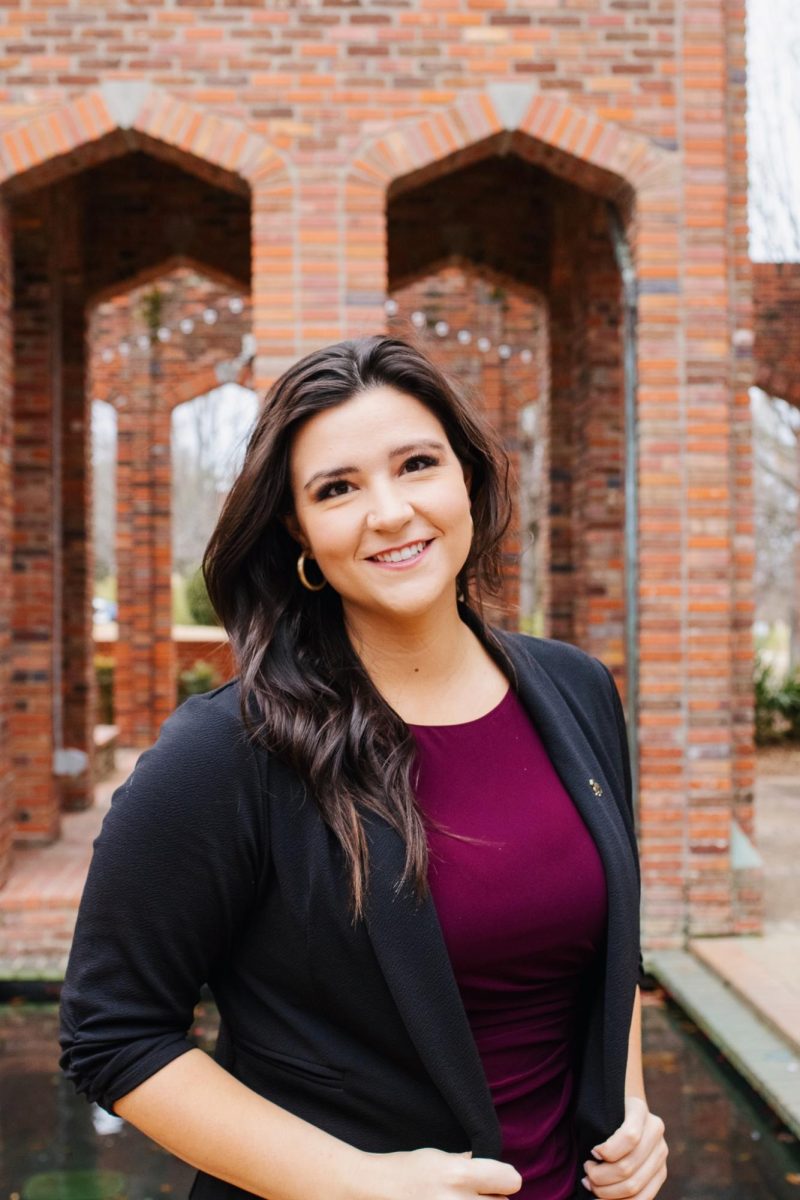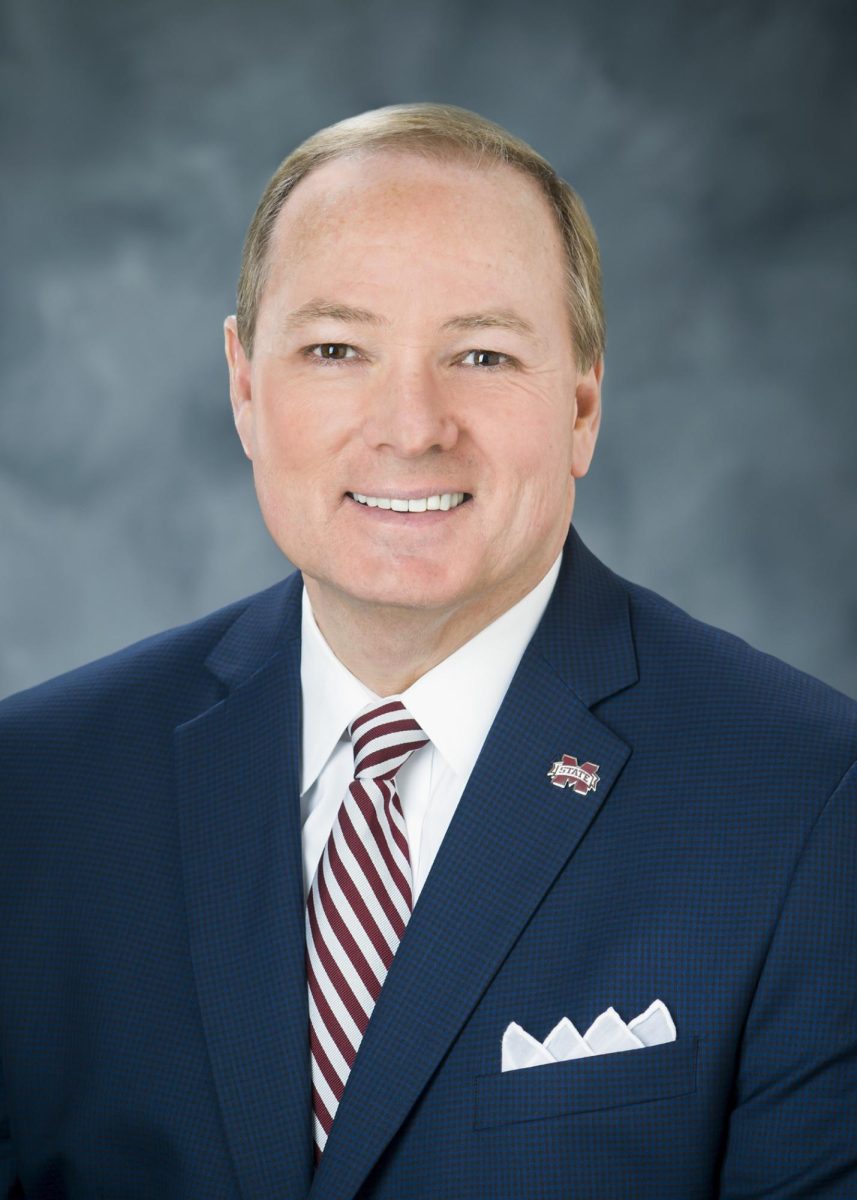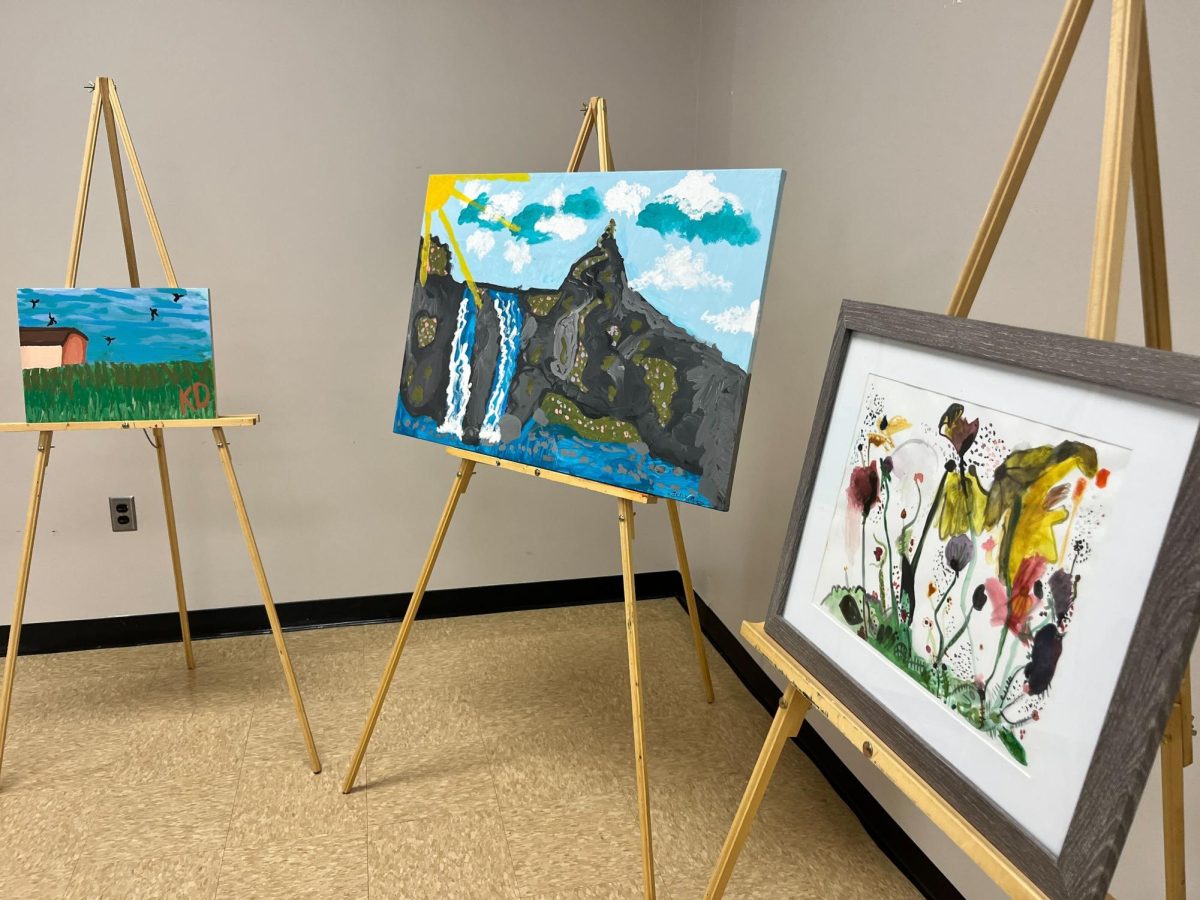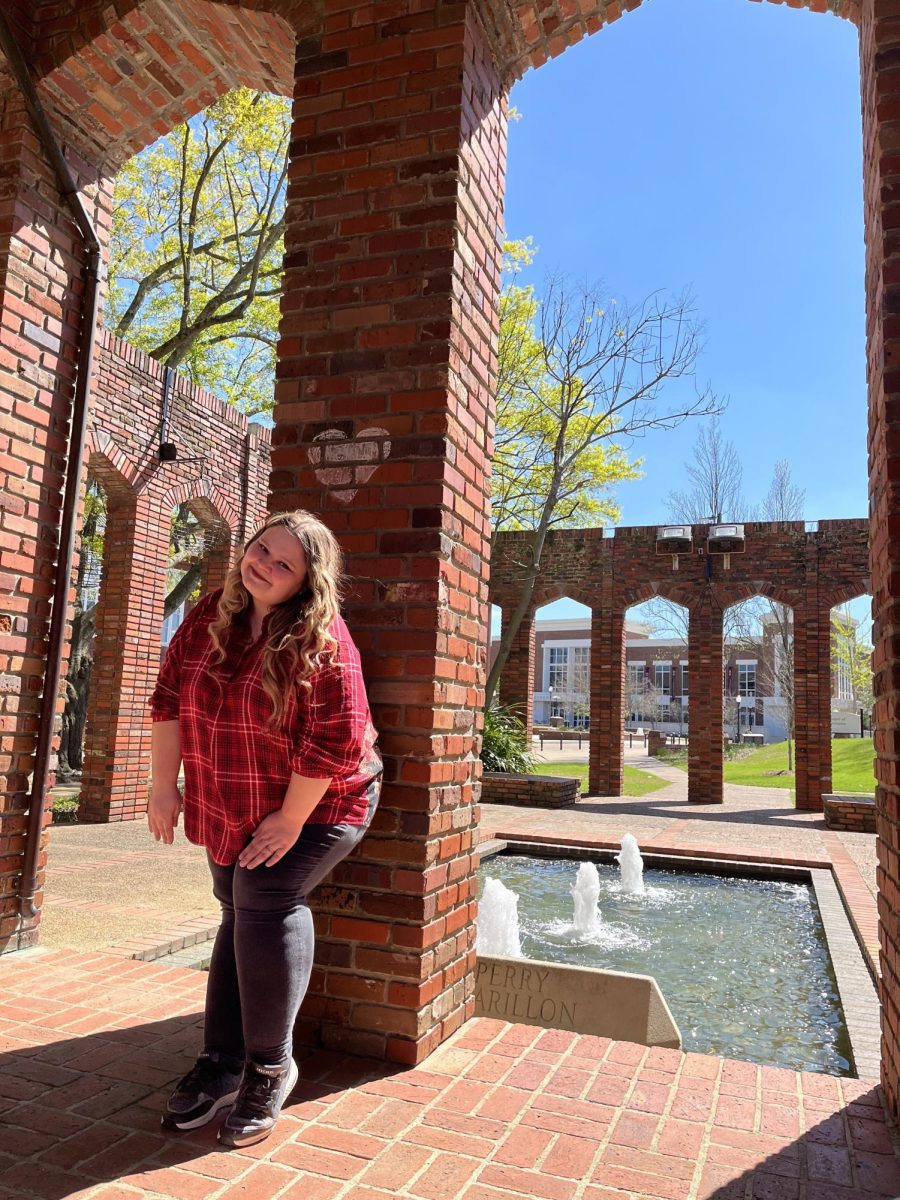Suicide is the 10th leading cause of death in the U.S., with a steady increase in the last 12 years.
“If cancer went up for 12 straight years, you’d hear about it,” Michael Nadorff said, psychology professor and director of Mississippi State University’s Sleep, Suicide and Aging Laboratory.
According to the National College Health Assessment, 2.4 percent of the student body at MSU attempts suicide every year.
“I think (silence) is fueling (suicide) in that people don’t understand how prevalent it is, and how big of a deal it is because it’s hidden,” Nadorff said.
Nardorff explained silence about suicide is dangerous to society because it increases the stigma.
“For the people that are suicidal, you think, ‘no one else feels this way’ and it’s easy to believe that when you don’t realize that a lot of people have those thoughts,” Nardorff said.
Suicidal ideation, or thoughts of ending one’s life, can mark the beginning stages of suicide and can surface as a result of various stressors, Nadorff said.
According to Nadorff, a lack of a support system is a common stressor for college students. When a student moves away from home to a new environment, thoughts of not belonging can develop.
Thomas Joiner’s Interpersonal-Psychological Theory of Suicidal Behavior states thoughts of low belongingness and perceived burdensomeness can cause a person to desire death.
“Low belongingness is a lack of social connection, which is basically loneliness,” Nadorff said.
Perceived burdensomeness is a false assumption which causes a person to feel like a burden to society, and death would be worth more than life. According to Nadorff, changing the atmosphere surrounding suicide begins with acknowledgement.
“Know it exists and take it seriously,” Nardorff said. “So when someone mentions suicide, treat it as a call for help.”
According to Nadorff, the prevalence of suicide reiterates the need for kindness. Checking in on a classmate or offering to walk him or her to MSU’s Counseling Center goes a long way, he said.
Kim Kavalsky, counselor and coordinator of mental health outreach at MSU said discussing the topic of suicidal ideation with someone who is struggling can provide an outlet for that person to seek help.
“What we find when we bring (suicide) up is that it opens people up who are experiencing these kinds of thoughts, and it starts conversation and lowers their anxiety,” Kavalsky said.
Shattering the stigma of suicide begins with open dialogue about suicide, she said.
“We live in a world with a lot of shame and stigma associated with (suicide) and when you’re going through that, no one else is talking about it so you feel so alone and it’s very alienating many times,” Kavalsky said.
According to Kavalsky, society has an obligation to respond to concerning behavior, such as a person making direct statements about wanting to die, isolating themselves, displaying severe mood changes, neglecting sleep or abusing drugs or alcohol.
These behaviors can often be traced to feelings of hopelessness that make a person feel “stuck.” Someone experiencing thoughts of suicide will often wrestle with the pros and cons of life and death, she said.
“People have this misconception that if you have your mind made up that’s what you’re going to do, but that’s not true at all,” Kavalsky said. “There’s opportunity to intervene and help.”
Helping those dealing with suicidal ideation means recognizing signs and having difficult and uncomfortable conversations.
Reducing the stigma starts by saying, “I see you, I see that you’re struggling I’m not going to turn away from it. I’m here, and I want to help you,” Kavalsky said.
For Layton Little, senior accounting major and president of MSU’s mental health and suicide organization, Living for Tomorrow (LFT), awareness begins with the student body.
In addition to hosting MSU’s first Suicide Prevention and Awareness Week in the fall of 2016, LFT is dedicated to highlighting the resources available to students on campus.
“We want every student to know that it is okay to not be okay, and reaching out for help in a time of need is the best thing to do, because here are MSU we are family and care for each other,” Little said.
If you or anyone you know is experiencing thoughts of suicide, please reach out for help:
The National Suicide Hotline: 1-800-273-8255
Mississippi State Student Counseling Center: 662-325-2091
Suicide: the silent epidemic
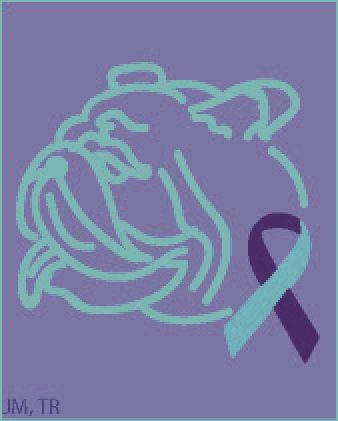
Jenn McFadden | Graphics Editor
Suicide: the silent epidemic
Donate to The Reflector
Your donation will support the student journalists of Mississippi State University. Your contribution will allow us to purchase equipment and cover our annual website hosting costs.


















































































